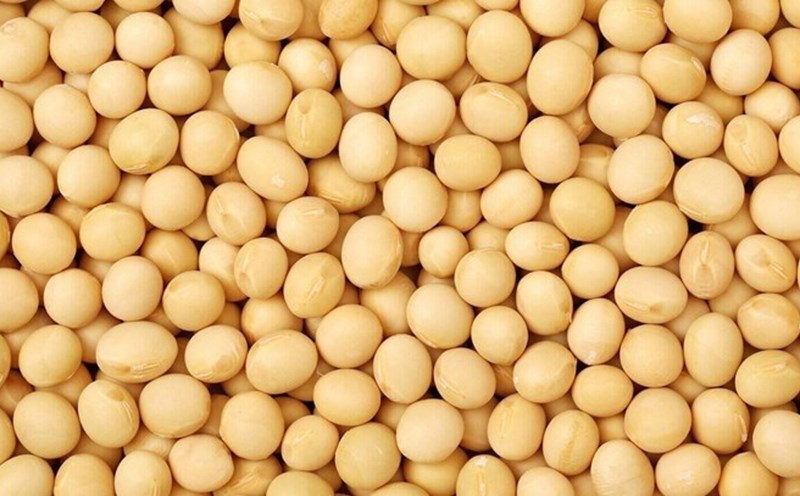Red meat and animal organs
According to the National Institutes of Health (NIH), red meat such as beef, Lamb, goat meat and especially animal organs such as liver, kidneys, heart, and mind have very high purine content, thereby increasing uric acid production.
People who consume red meat and organs more than 5 times a week are 2.4 times more likely to develop gout than those who eat less.
People with high uric acid should limit red meat dishes to 1-2 times a week, absolutely avoid animal organs.
Seafood with shells - shrimp, crab, clams, snails
Seafood is a group of foods with high nutritional value, but some types such as shrimp, sea crab, clams, squid contain a relatively large amount of purines.
Consuming a lot of hard-shelled seafood increases the risk of increased uric acid, especially in people with a history of gout.
In particular, grilled and fried seafood dishes with a lot of fat will slow down the process of excreting uric acid through the kidneys and increase the inflammatory response.
Patients should replace it with salmon, carp, or eggs, a low-purine and easy-to-dical protein source.
Fructose-rich foods
Fructose (fruit sugar) when entering the body will stimulate the liver to produce endogenous purines. Gas soft drinks and energy drinks containing corn syrup rich in fructose increase the risk of increased uric acid by up to 85% if consumed daily.
Minimize industrial soft drinks, canned juices, sweet cookies, candy... Prioritize whole fruits, especially those with alkaline value such as apples, pears, cucumbers.
Alcohol
Alcohol, especially beer, is high in purines and can inhibit enzymes that help excrete uric acid through the kidneys.
People who drink beer more than twice a week have a 1.8 times higher risk of gout than those who do not drink it.
Alcohol also dehydrates and increases the risk of urate crystallization in joints, causing pain and inflammation.
People with high uric acid should completely abstain from alcohol, especially during the period of arthritis or after eating a lot of protein.
Some vegetables and beans are rich in purines
Some vegetables such as asparagus, mushrooms, spinach, and beans such as lentils and peas contain purines, but at lower levels than meat and seafood. However, if eaten too much or combined with animal protein, they can still contribute to increased uric acid.
People with hyperuricemia do not need to completely abstain from purine-rich vegetables, but should eat them in reasonable amounts (under 100g per time), boil or steam instead of stir-frying.











